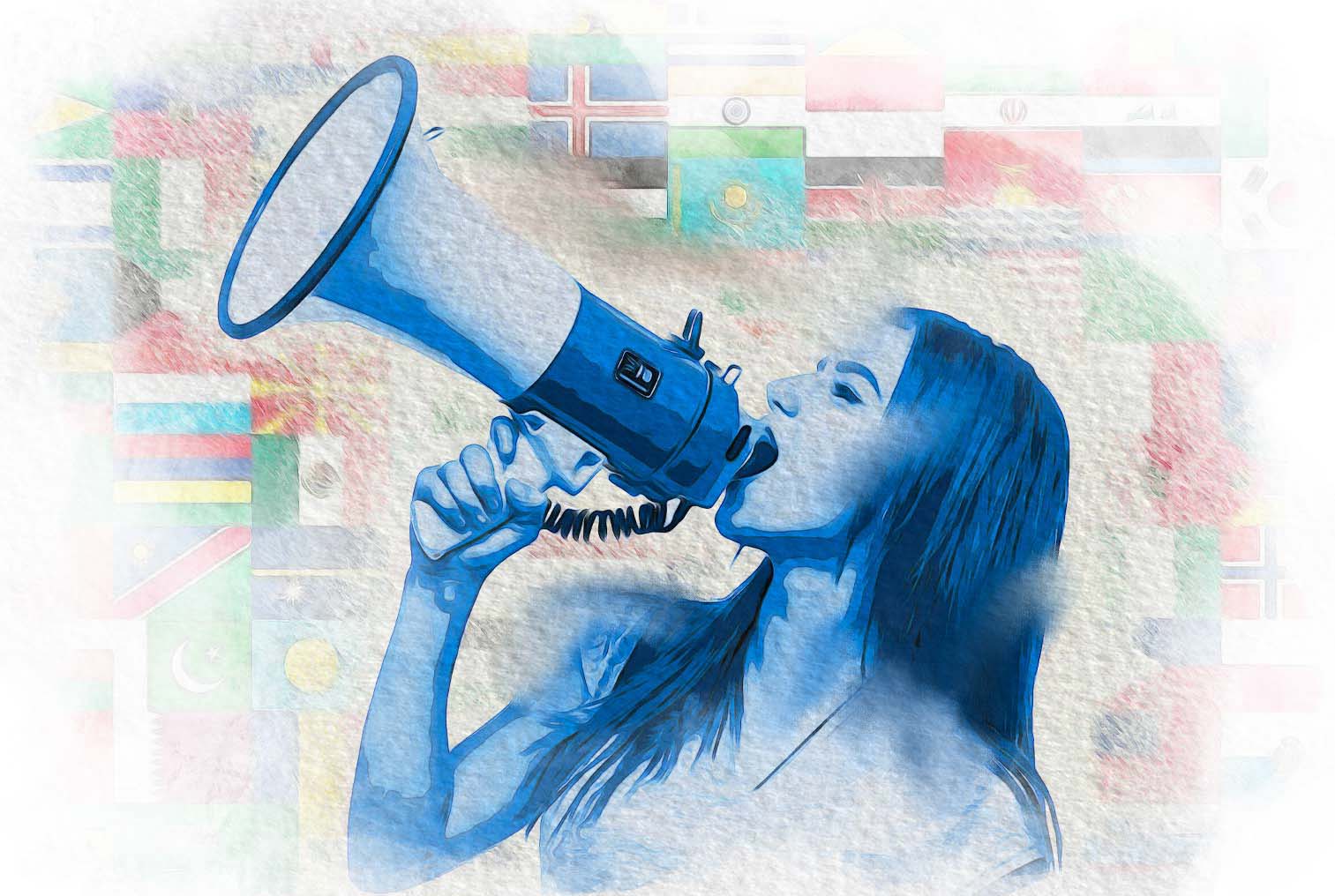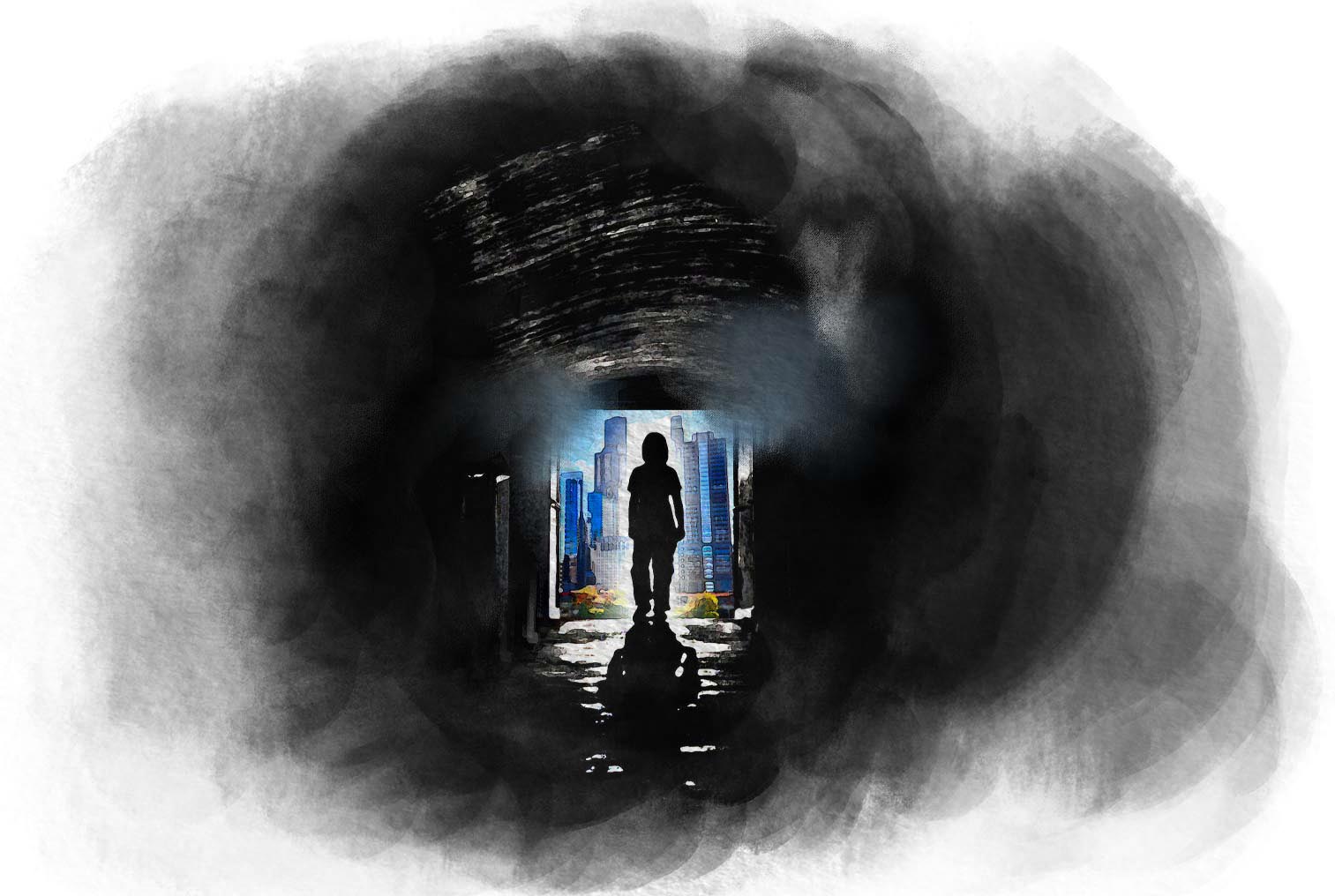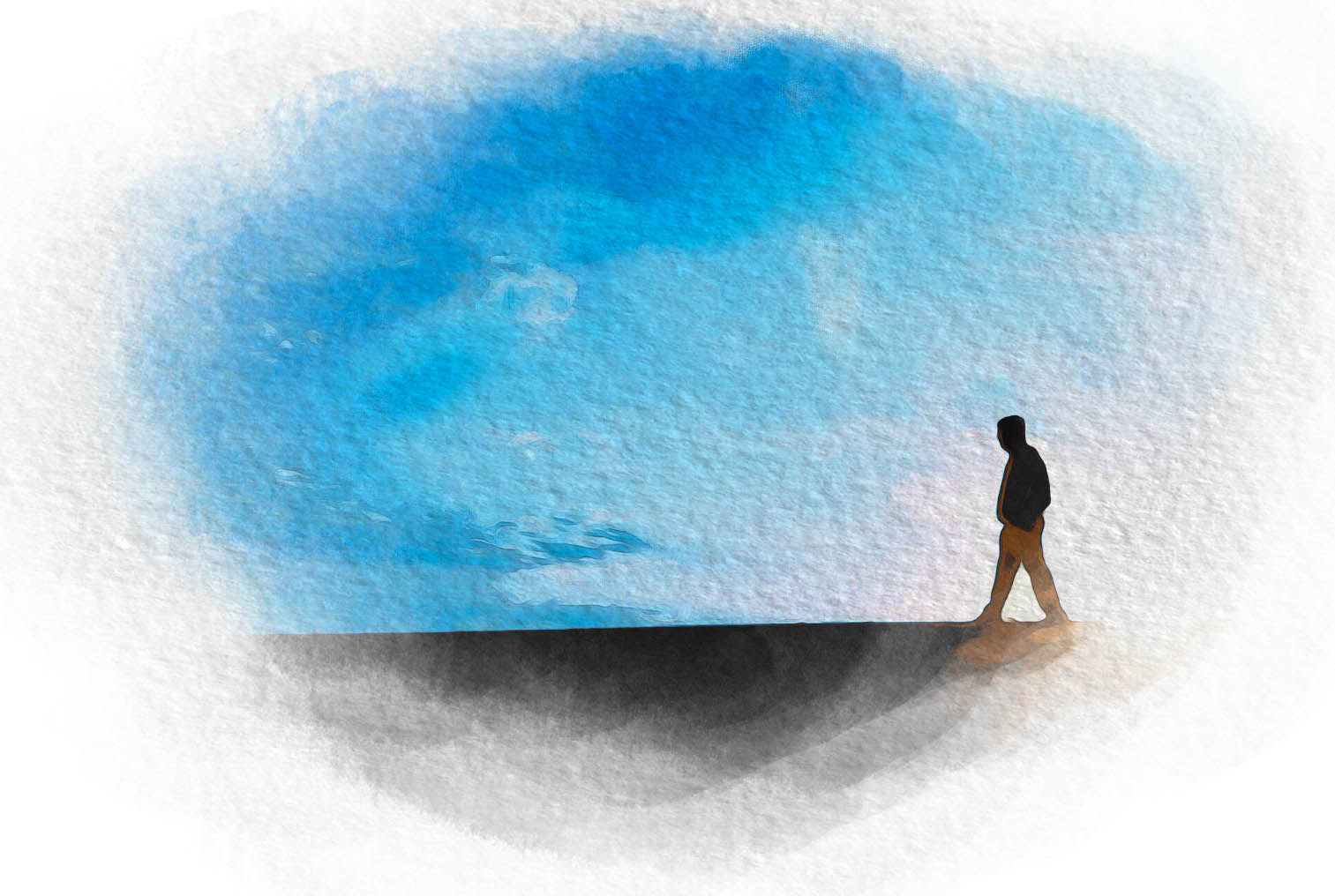Getting everything back
Being exiled not only meant a new life, but also entering a reality she barely understood. The world, and its correlation with the Ortega-Murillo regime, had changed. Many entered prison when small signs of rebellion against the dictatorship were possible in Nicaragua. They came out when no one in the country could speak out against Daniel Ortega and Rosario Murillo.
The way to do activism had to change. This is what Tamara Davila, member of the Nicaraguan Democratic Union (Unamos) and part of the group of the 222 exiled, thinks.
"The main challenge for me has to do with making the different States and public officials understand that there should be no competition between the humanitarian and human rights conflicts that are taking place in the world, that everything should be prioritized," remarks Dávila, who has slowly resumed her activism.
Dávila still belongs to Unamos and has recently joined Monteverde, a political project that includes various opposition actors and movements. "My actions have been focused on lobbying and meetings to keep Nicaragua on the political agenda of the United States, but also of other countries in Europe," she adds.
But getting to this point meant a whole process for Dávila, due to the adaptation it meant to get out of prison. For her, coming out of captivity meant learning again to adapt to the noises outside, the light, the food, and freedom.
"The goal and part of our activism is to be healthy, and for me the mental health support that I continue to receive has been fundamental," says Dávila, whose after-effects of prison have been treated through therapy.



